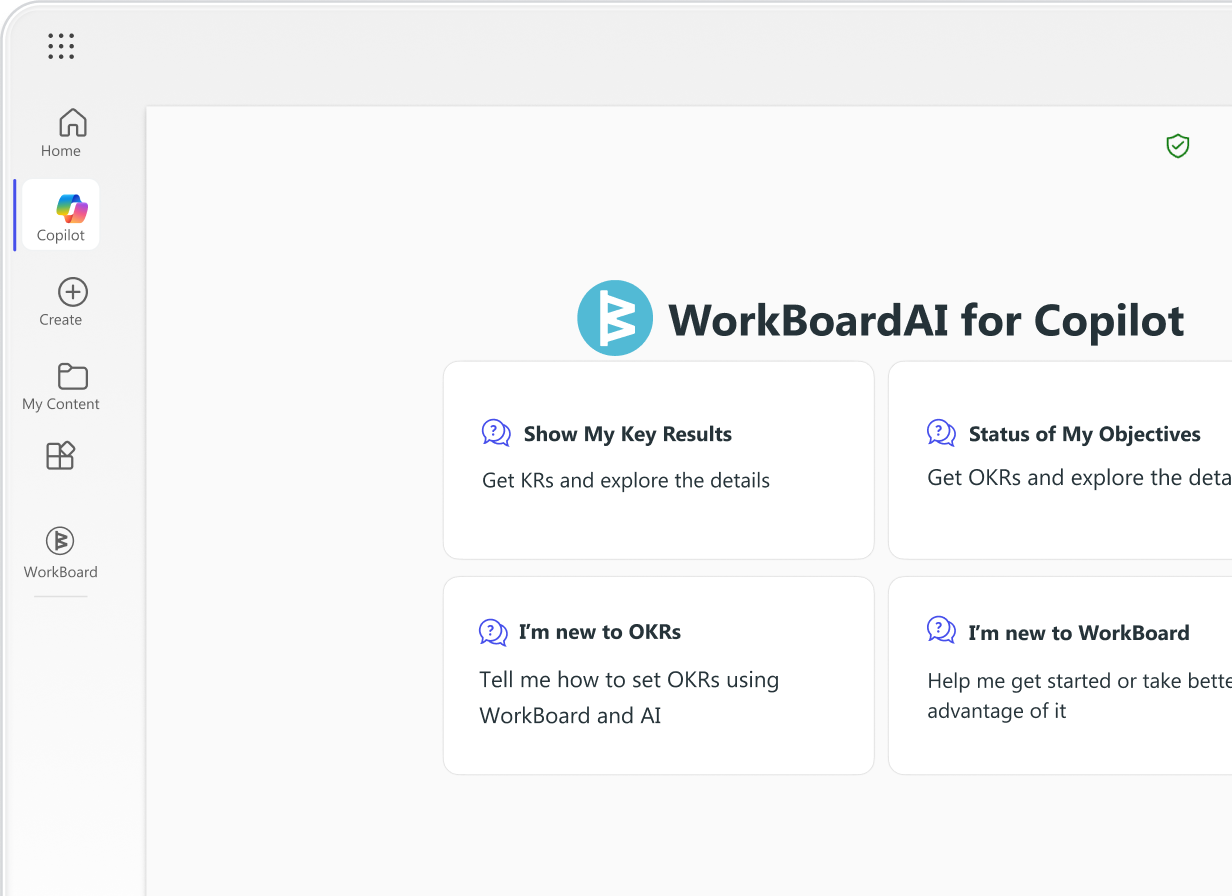Article Overview
As leaders, our words and deeds matter. I talked with a leader today whose team sabotaged its own outcomes by letting the OKR process obscure its purpose. They lost sight of the fact that OKRs help us agree on what matters and focus our efforts there ... they drive the allocation of our attention, not just document our intentions.
To avoid these hazards and improve your outcomes, here is the opposite of a to do list — this is your "stop doing" list:
1. Stop using the acronym
No one needs another acronym. Everyone needs clarity on the objectives and results we want to achieve in Q1 and 2026. Use the real words, not the short cut, and more people will lean into the process because they remember its value.
2. Stop asking for updates
Great results come from great focus and facts to make faster decisions. Ask for what you really need! Don't make results transparency administrivia and your team won't either.
3. Stop creating parallel reporting and focal areas
If you aren't going to pay attention to the objectives and results the team aligned on, they aren't going to either … and you will have wasted their hearts, minds and time.
4. Stop fearing the red
Start discussing it instead. Hold yourself accountable for the results you aligned on at the start of the quarter and your team will follow your lead.
5. Stop doing just annual KRs
Make the hard decisions and prioritize the results that are most important for Q1. This will help everyone else make good choices and decisions, but it will require you to make real trade offs and decisions yourself. If you can't define the most important outcomes for the coming quarter, how will other people in your org? What framework will teams use if not OKRs? Most likely: Each person uses their own mental model, they'll operate on assumptions, and you don't achieve those year-end results.
Let real business discussions, outcomes and decisions guide your voice and your day.
Diving intentional results with WorkBoardAI
When you lead with intention, your team follows with clarity. WorkBoardAI strengthens that discipline by keeping outcomes visible, surfacing facts early, and eliminating the drift that erodes execution. It gives you a clear view of what matters this quarter, where progress is real, and where you need to intervene.
Use it to:
- anchor conversations in results, not effort;
- replace assumption with evidence
- ensure your time and your team’s time aligns with the outcomes you committed to at the start of the quarter.
When you operate this way every week, you build an execution culture that delivers the results you intend, not the results circumstance produces. WorkBoardAI supports that standard so you can lead with precision and achieve with confidence.
Learn more about WorkBoardAI.
